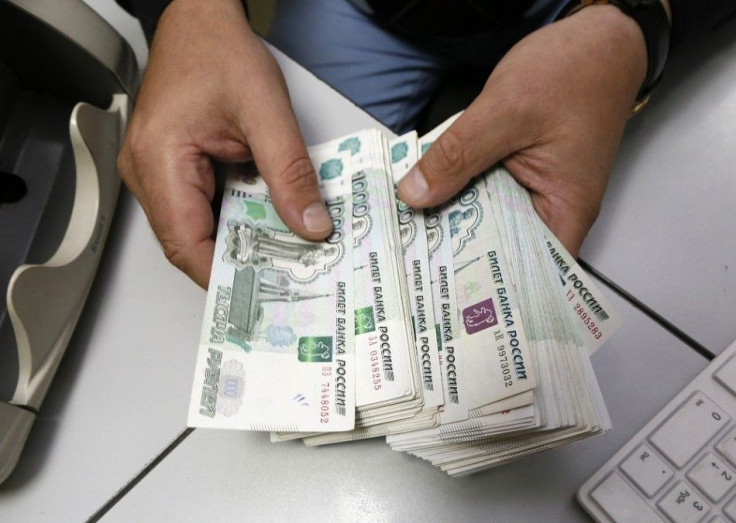Russia's Weakening Economy May Push Putin to Drastic Action; US-Russia Ties 'Poisoned'

Russia is struggling with the challenges of an economic crisis as the rouble and oil prices continue to decline. Russian President Vladimir Putin has reiterated that Russia will not back down amid more U.S. and EU sanctions.
Security analysts are speculating whether the economic crisis will push Mr Putin into a corner and lash out unexpectedly to protect his leadership. Stephen Szabo, a security expert at the George Marshall Fund of the U.S., said he was concerned about the "unpredictability" and the possibility for a miscalculation which the Cold War did not have, according to Stars and Stripes.
He explained that during the Cold War, a Communist Party was ruling in collective leadership but the Russia of today appears to have an unpredictable system based on the "personality" of an individual. Experts said the former Soviet Union states between Russia and NATO's eastern borders, including Georgia and Moldova, are believed to be among the possible causes of miscalculation between Moscow and the West.
Szabo believes there is a risk that Mr Putin will use some type of diversion to draw attention away from Russia and use nationalism like the one seen in the Ukraine conflict. The analyst said it is a "very dangerous time" for Russia and the West.
The annexation of Crimea from Ukraine and the reportedly continued support for pro-Russian separatists in eastern Ukraine may have angered the West but Mr Putin still has the vote of confidence at home. The Russian president's approval rating rose to about 80 percent despite the biggest economic crisis the country is facing since 1998. CNBC said Standard & Poor has recently placed Russia on the CreditWatch Negative as the agency reviews the country's monetary flexibility and the effect its weakening economy in the financial system.
Judy Dempsey, a regional security expert with the Carnegie Endowment for International Peace in Europe, said the unity in the European Union is "wobbly and fraying." She feared that Mr Putin might exploit the division in the EU to put forward a compromise. Dempsey believes any agreement that would allow Russia to hold on to Crimea would send a dangerous signal. She added that German Chancellor Angela Merkel must stand firm on sanctions to maintain Europe's credibility.
Meanwhile, Russian Prime Minister Medvedev believes U.S.-Russia relations will be "poisoned" for years to come. The recent signing of the Ukraine Freedom Act 2014 and the Ukrainian parliament's plan to cancel a law preventing them to join a military cooperation may have made the country Russia's potential enemy, RT News reported.
Mr Medvedev said both decisions would have "extremely negative consequences" and it would not be a surprise if Russia will protect itself against such hostility. The prime minister had previously warned Ukraine and accused the EU of pushing the country to a full-scale crisis.






